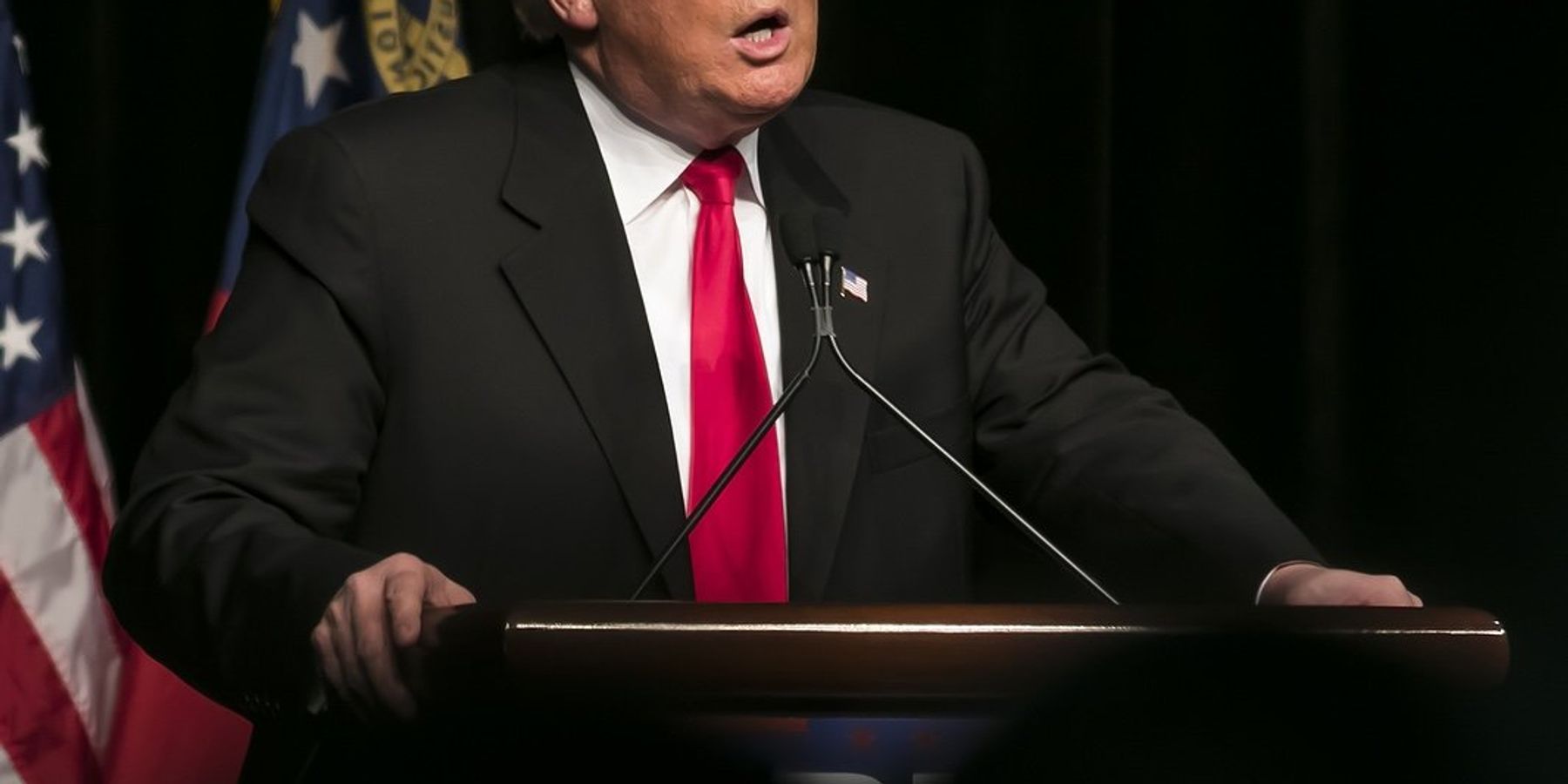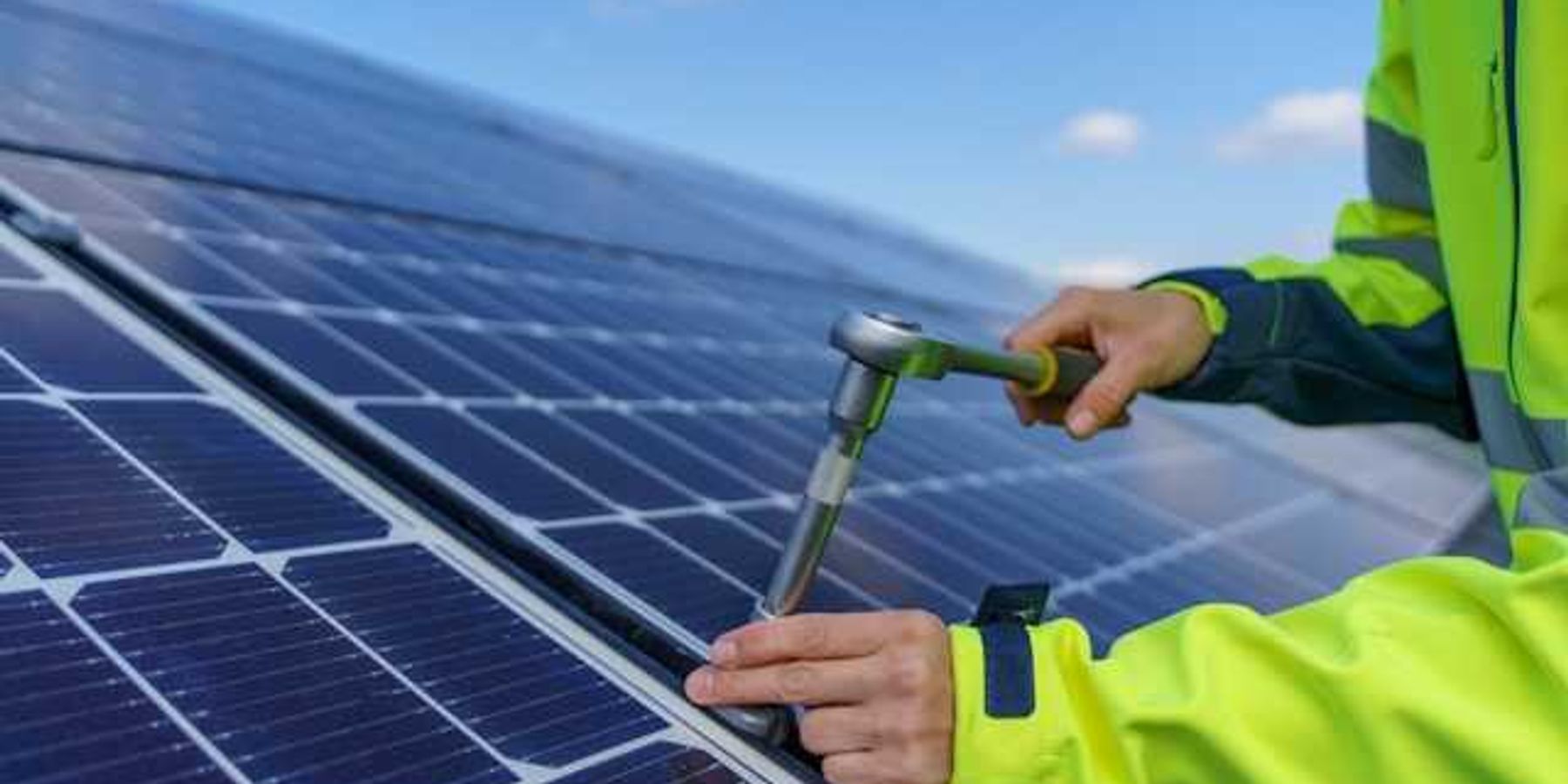ccs
America is stuck in a climate contradiction
The U.S. is funneling billions into carbon capture to slow emissions, but it may not save areas like Louisiana most affected by climate change.
In short:
- Louisiana is becoming a hub for carbon capture, seen by some as a solution to climate change, though it primarily benefits the oil and gas industry.
- Critics argue that the expansion of liquid-natural-gas (LNG) plants worsens climate risks, particularly in vulnerable areas already suffering from rising seas and extreme weather.
- Despite its potential to reduce emissions, carbon capture technology is unproven at scale and may simply justify continued fossil fuel use.
Key quote:
“You always try to keep creating new value for the future.”
— Gray Stream, CEO of Gulf Coast Sequestration.
Why this matters:
Carbon capture is a major investment under Biden's climate plan, but it risks prolonging reliance on fossil fuels rather than transitioning to cleaner energy, raising questions about its real impact on climate and health outcomes. Read more: 30 environmental advocacy groups ask PA governor to veto carbon capture bill.
Oil companies and conservatives face growing backlash over carbon capture technology
A once-popular climate technology is now facing skepticism from conservative groups, who are attacking its effectiveness and safety.
In short:
- Canada Proud, a right-wing group, is leading a campaign against carbon capture and storage (CCS), arguing that it poses environmental risks like groundwater contamination and earthquakes.
- The growing opposition includes figures like Jordan Peterson and Robert F. Kennedy Jr., who question the cost-effectiveness and property rights issues associated with CCS projects.
- Rural communities in Alberta, traditionally not aligned with environmental activism, are also pushing back against major CCS projects due to concerns about safety and environmental impacts.
Key quote:
"Despite their claims, this is unproven technology with far-reaching implications into the future."
— Amil Shapka, No to CO2 Landowners Group
Why this matters:
A technology once viewed as a conservative-friendly solution to climate change is now caught in the crosshairs of conservative criticism. This shift is indicative of the evolving nature of climate politics in the United States, where traditional alliances are being upended and new coalitions are forming around the future of energy. Read more: Pennsylvania governor signs controversial carbon storage bill into law, paving the way for hydrogen hubs.
CCS projects struggle to gain momentum despite federal incentives
Carbon capture and storage projects in the U.S. are lagging behind expectations despite increased incentives from the Inflation Reduction Act.
In short:
- Only one U.S. power plant operates with carbon capture technology, despite many projects being planned.
- The number of commercial CCS projects rose slightly, but critics worry about oversight and potential fraud.
- Increased investor interest follows the Inflation Reduction Act, but high costs and slow permitting hinder progress.
Key quote:
“We have to rely on these sort of leading indicators” of filed permit applications, project announcements and final investment decisions to see a picture of what the future holds.
— John Thompson, technology and markets director, Clean Air Task Force
Why this matters:
The slow progress of CCS projects raises concerns about meeting climate targets. Effective carbon capture plays a role in reducing greenhouse gas emissions and combating climate change.
Pipeline opponents sue to block Summit Carbon water permit
Once a player, Shell confirms it's not part of any regional hydrogen hub
The Pennsylvania-led application for federal money to establish a hydrogen hub lost its two founding members before it got to the finish line.









